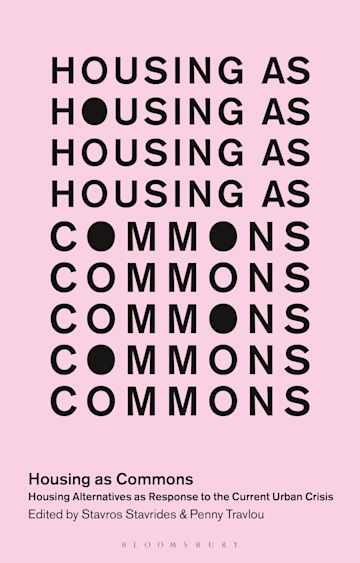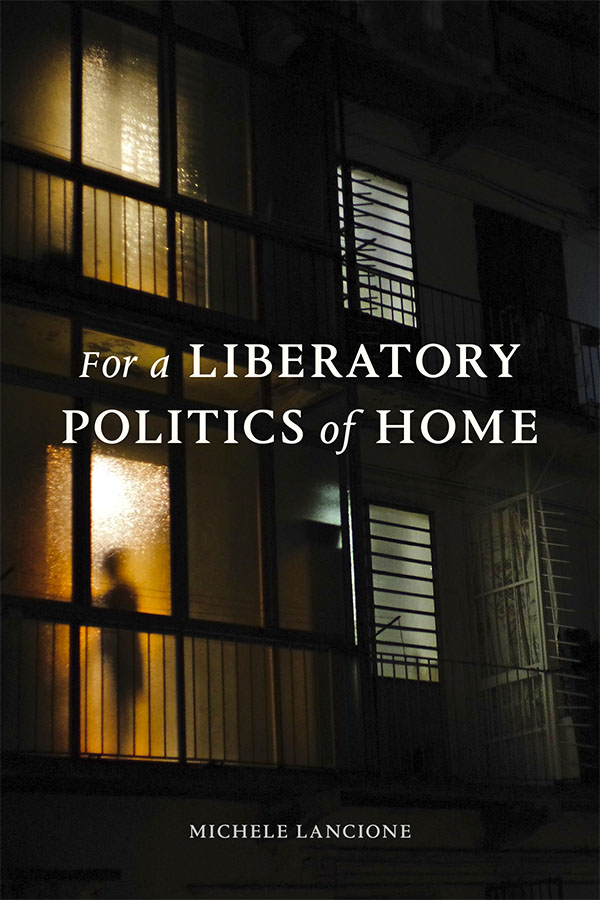Ana Méndez de Andés (University of Sheffield)
Teams meeting link for livestream
Four years after the square occupations under the banner ‘Real Democracy Now’, citizen-based platforms presented to the Spanish local elections, and consolidated an institutional assault that won some of the most important cities – Madrid, Barcelona, Zaragoza or A Coruña – and dozens of smaller towns and villages. In their practice, Spanish municipalism appealed to the idea of thecommons to advance an institutional change towards radical democratic governance of collective resources. Thecommons were included in the name of some of the newly created local parties – such as Barcelona en Comú, meaning Barcelona in Common – and in public events, regulations and strategic plans, as well as in the rationale of the internal municipalist debates. This session presents a research on the effort to develop urban commoning processes in the so-called ‘cities of change’ and how the articulation of thecommons’ democratic ethos has shaped an alternative planning strategy situated in the middle of things: between social demands and state-driven programmes, political narrative and administrative normative, inside and outside public institutions.
Ana Méndez de Andés is an architect and activist from Madrid (Spain). She was advisor to Madrid City Council as part of the municipalist platform Ahora Madrid and has coordinated the European Municipalist Network. Her research ‘Becoming-common of the public’ – documented in the Open Science Platform, under a Creative Commons license – holds an ESRC White Rose DTP award and has been supervised by Dr. Doina Petrescu (Sheffield School of Architecture) and Dr. Beth Perry (Urban Institute). She has co-authored the Urban Commons Handbook, the Municipalist Ecosystem and Urban Commoning in Europe maps, and co-edited the compilations Códigos Comunes Urbanos and Atlas del Cambio (in Spanish).


